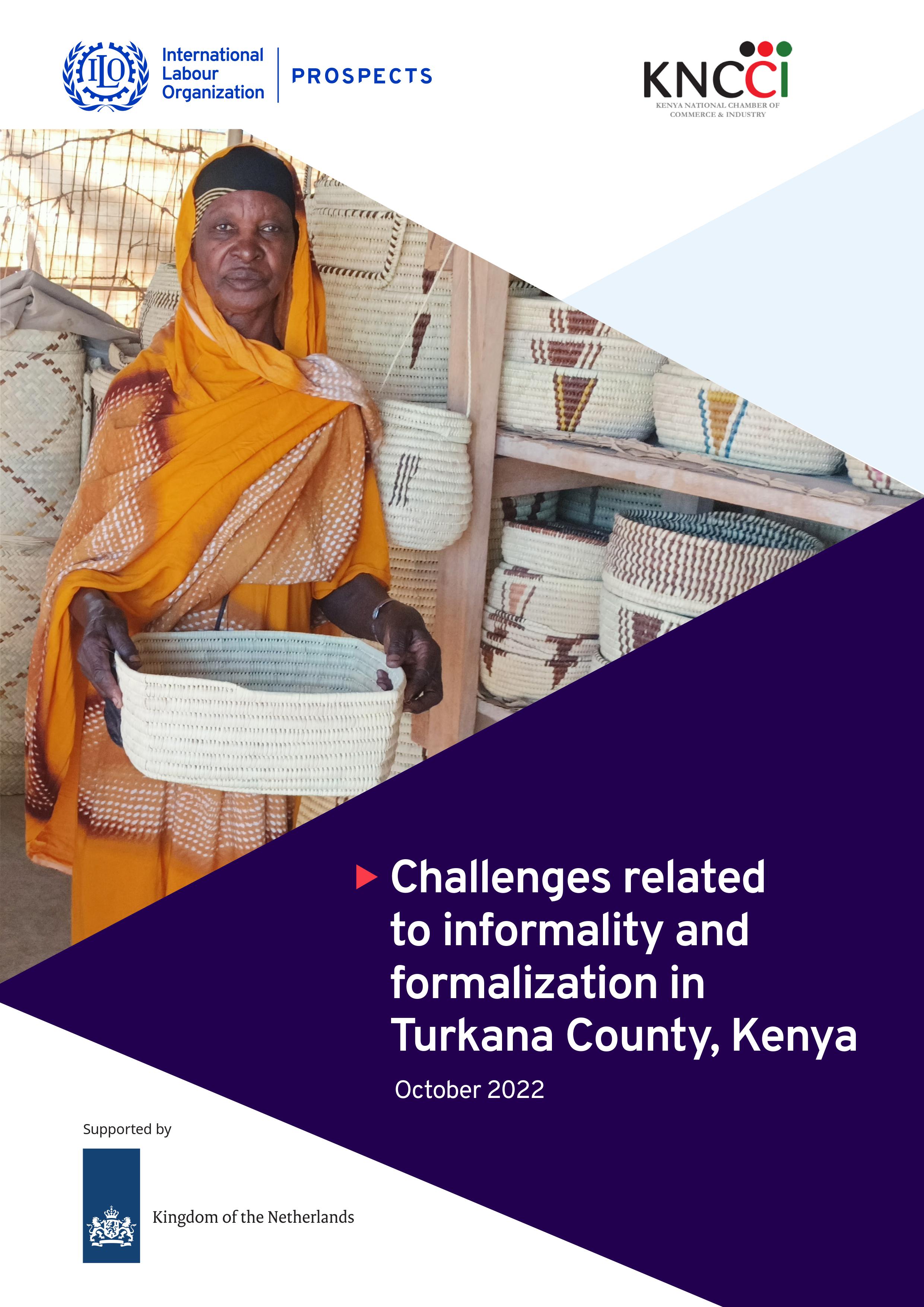Kenya
Through this review, the ILO seeks to explore further opportunities to strengthen policy, legislative and institutional environments and mechanisms, working closely with host governments and other national actors and partners.
By providing a comprehensive and robust picture of the situation on the ground, the report offers actionable areas of intervention to support policy development, reform and implementation capacity of the host governments, other national and local actors, including the social partners, to enhance inclusion and protection.
The NHIF engaged the ILO to provide financial and technical support towards a feasibility study on the design and cost of introducing a Maternity Cash Benefit in Kenya.
The report assesses the current workforce structure, the demographic trends, the social health insurance schemes under the National Health Insurance Fund and the current laws and provisions on maternity benefits in Kenya. Based on this analysis, the report considers two alternative policy scenarios for extending maternity income protection to all women in Kenya. The first scenario relies on the current schemes operated by NHIF to extend maternity income protection to all women. In contrast, the second scenario envisions the introduction of a universal cash benefit for all women currently uncovered. The report further provides a detailed costing to evaluate the financing requirements for introducing a maternity cash benefit for all women in Kenya under the two scenarios.
This report details the findings of this study in a clear and succinct way with a view creating dialogue among the stakeholders involved in addressing the challenges of informality in Turkana County.
The ILO Skills and Lifelong Learning monthly newsletter highlights recently uploaded publications, reports, research items, videos and upcoming events on skills development and lifelong learning.
Sign up to receive the Newsletter by clicking here.
The Youth Employment Programme and Skills and Employability Branch are organizing a regional workshop on the theme of enhancing youth employability and easing labour market transitions. This three-day interregional event is part of a series of ‘What Works in Youth Employment’ Knowledge Sharing Events to facilitate learning and dialogue through evidence-based ‘good practices’.
The objective of the workshop is to bring together stakeholders (including our tripartite constituents) from nine African countries (Côte d’Ivoire, Ethiopia, Kenya, Nigeria, Rwanda, Senegal, Sudan, Tanzania, and Zambia) in an interactive forum for exchange and peer learning with guidance from technical experts on effective, replicable and scalable supply side initiatives that address employability, skills demand, anticipation of skills needs and the bridges between supply and demand. A report based on exchanges and lessons learned during the workshop will be produced.



